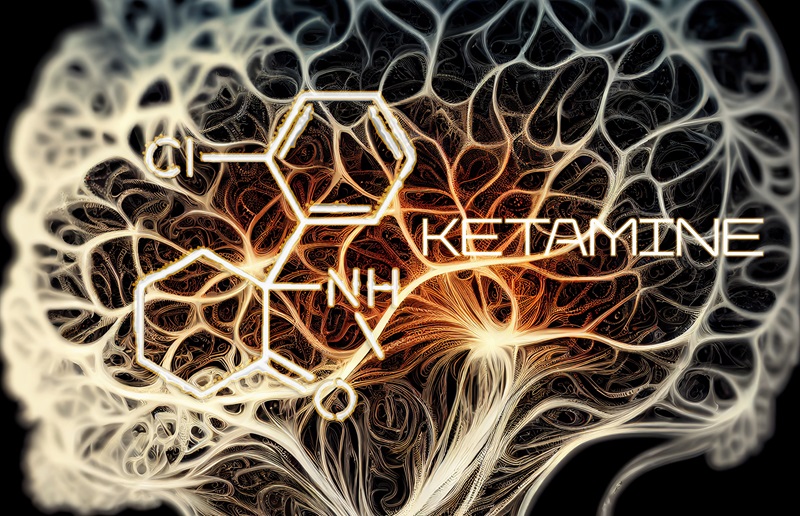The Science Behind Ketamine-Assisted Psychotherapy: Unraveling the Mechanisms of Healing

The therapeutic effects of ketamine-assisted psychotherapy extend beyond its psychedelic properties, encompassing a complex interplay of neurobiological, psychological, and emotional processes. Ketamine has been shown to have rapid-acting antidepressant and anxiolytic effects, often providing relief from symptoms of depression, anxiety, PTSD, and other mood disorders within hours or days after administration. In this blog post, we will explore the science behind ketamine-assisted psychotherapy, shedding light on the mechanisms of healing and transformation. Ketamine-assisted psychotherapy can be both exhilarating and daunting – but Terri Dichiser of Take Charge Inc. can help answer your questions.
Ketamine-assisted psychotherapy is an emerging treatment approach that combines the use of ketamine, a dissociative anesthetic, with psychotherapeutic techniques to address various mental health conditions. Ketamine’s dissociative properties can induce altered states of consciousness, which may facilitate deep emotional processing and the exploration of underlying psychological issues during psychotherapy sessions. Here are the key points to the science behind ketamine-assisted psychotherapy:
- Neurobiological Mechanisms: Ketamine’s rapid-acting antidepressant effects are primarily attributed to its modulation of the brain’s glutamatergic system:
- Glutamate Release: Ketamine acts as an antagonist of the N-methyl-D-aspartate (NMDA) receptor, leading to increased glutamate release in the brain.
- Synaptic Plasticity: Enhanced glutamate signaling promotes synaptic plasticity and the formation of new neural connections, facilitating adaptive changes in brain function.
- Neurogenesis: Ketamine also stimulates neurogenesis, the birth of new neurons, particularly in brain regions implicated in mood regulation and emotional processing.
- Psychological Mechanisms: In addition to its neurobiological effects, ketamine-assisted psychotherapy harnesses psychological mechanisms to facilitate healing:
- Emotional Processing: Ketamine’s psychedelic properties can enhance emotional processing and insight, allowing opportunities for individuals to access and work through deeply rooted emotions and traumatic memories.
- Ego Dissolution: Ketamine-induced ego dissolution, characterized by a temporary dissolution of the boundaries between self and other, can promote experiences of interconnectedness and unity, fostering a sense of transcendence and spiritual growth.
- Enhanced Therapeutic Alliance: The therapeutic alliance between the individual and therapist can be strengthened during ketamine-assisted psychotherapy, as the heightened state of consciousness facilitates trust, openness, and vulnerability.
- Integration of Experiences: The integration of ketamine experiences is crucial for realizing long-lasting therapeutic benefits:
- Consolidation of Insights: Through reflection, journaling, and psychotherapy sessions, individuals can consolidate and integrate insights gained during ketamine experiences into their daily lives.
- Behavioral Changes: Integration involves translating insights into actionable steps and behavioral changes, such as adopting healthier coping mechanisms, improving communication skills, and cultivating self-compass.
Take Charge Inc. believes that Ketamine-assisted psychotherapy offers a promising approach to treating various mental health conditions. It provides rapid relief of symptoms, long-lasting therapeutic benefits, and opportunities for personal growth and transformation. As research continues to unfold, the potential for this innovative approach to contribute to the mental health landscape is both exciting and promising, opening new doors for those seeking transformative healing. Contact Terri Dichiser, owner of Take Charge Inc., at (913) 239-8255 to discuss your options today.
E-News Signup
Increase your emotional intelligence by signing up for the brief monthly eNews with Terri’s emotional intelligence tips and info.
FORM WILL GO HERE...
